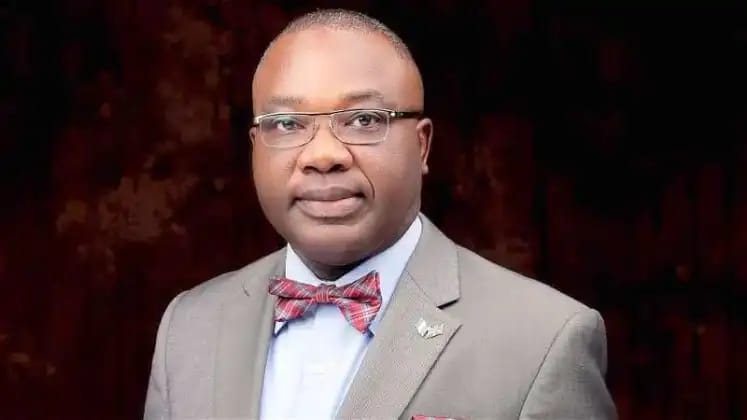
By Odimmegwa Johnpeter, Abuja
The National Human Rights Commission (NHRC) has advocated for the engagement with stakeholders from diverse sectors to ensure a comprehensive and inclusive approach to preventing human rights violations, including torture and other inhuman and degrading treatment.
This was stated in a welcome address delivered by the Executive Secretary of the National Human Rights Commission (NHRC), Dr. Tony Ojukwu OFR, SAN at the “Strategic Meeting on Prevention of Torture in Nigeria” held on Wednesday (5th June 2024) in Abuja.
According to the NHRC boss, it was observed that “by harnessing the expertise, insights, and perspectives of all stakeholders present, we aim to develop robust frameworks and initiatives that effectively safeguard the rights and dignity of all individuals in Nigeria”.
He further stated that this strategic meeting on the prevention of torture in Nigeria represents a critical step towards fulfilling Nigeria’s commitments under the OPCAT and enhancing the protection of human rights in places of deprivation of liberty.
His words: “By engaging stakeholders and fostering collaborations, we aim to build a robust and effective National Preventive Mechanism (NPM) that upholds the dignity and rights of all individuals that have been deprived of their liberty”.
Furthermore, he recalled that on 27 July 2009, Nigeria became a party to the Optional Protocol to the Convention Against Torture (OPCAT), committing to establishing a National Preventive Mechanism (NPM) to prevent torture and ill-treatment in places of deprivation of liberty.
He said: “Specifically, under Article 17 thereof, each State Party is under obligation to maintain, designate, or establish independent national preventive mechanisms for the prevention of torture at the domestic level. Accordingly, in April 2023, the National Human Rights Commission has been designated as Nigeria’s NPM”.
According to Mr. Abdullahi Qunnir, Head African Regional Team & Country Rapporteur for Nigeria, United Nations Sub-Committee on Prevention of Torture in his address presented via zoom, he noted that the first step towards addressing issues of torture is to create a national mechanism that would assist member nations to comply with all the necessary international legal instruments prohibiting torture.
Aside from establishing a national mechanism, she pointed out that there is a need to provide financial assistance to enable the mechanism to realize its objective of preventing torture and other degrading treatment.
Another presentation through Zoom made by Ms. Lisa Henry, who leads the International Rehabilitation Council of Torture Victims/Survivors (IRCT) Global Secretariat, said that her office is working to ensure that torture is prevented from happening.
According to her, to prevent torture from happening, there is a need to have in place relevant personnel who are well-trained and well-resourced to be able to detect when torture occurs and take the appropriate steps to tackle it head on.
The Inspector General of Police (IGP), Kayode Egbetokun in his goodwill message, said that the Nigeria Police Force is aware of national and international laws as well as the Administration of Criminal Justice Act (ACJA) that prohibit torture pointing out that the era of torture is gone in the Force’s operations especially as it relates handing crime suspects.
The IGP representative at the occasion, Barrister Kehinde Oluwole, noted that there are decent ways of extracting information from crime suspects other than subjecting them to torture.
Similarly, goodwill messages were also given by other stakeholders who include Deji Ajare- Project Director, Access to Justice & Executive Director, Sterling Law Centre and Member, CAT – Nigeria, and Angela Uzoma-Iwuchukwu, Head of Office, Avocat Sans Frontiers (France) Abuja Office & Member, CAT-Nigeria, among others.



